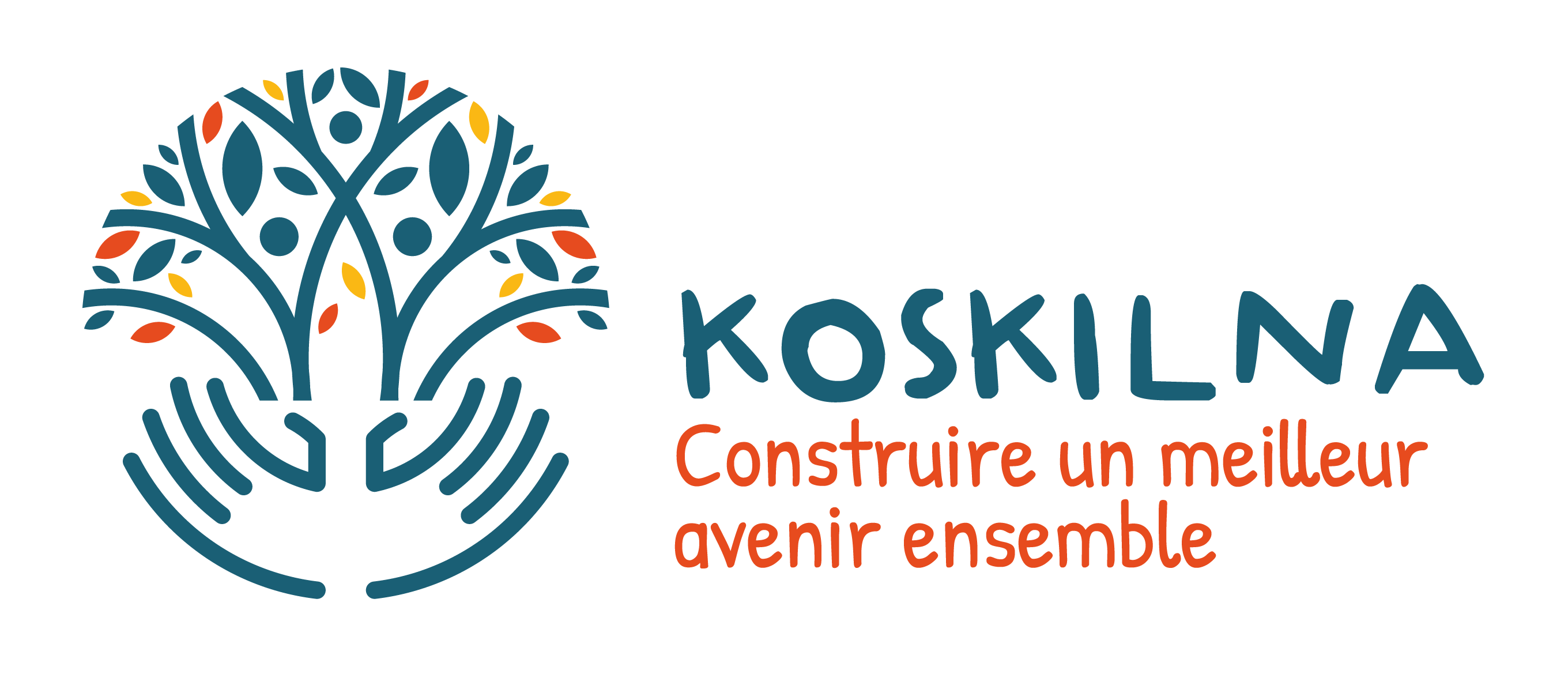World Cotton Day 2024, held for the first time in Africa in Cotonou, Benin, brought together various stakeholders to discuss the future of cotton in Africa. Job Booster Chad Entreprise, in its capacity as the Executive Secretariat of the « Koskilna » Landscape Coalition, participated in the event alongside other coalition members such as Cotontchad SN, IDH, Aid by Trade Foundation, African Cotton Foundation, and the National Union of Cotton Producers of Chad (UNPCT). This participation provided an opportunity to explore new initiatives and partnerships. Koskilna has positioned itself as a key player in promoting sustainable practices in Chad through its Landscape Pact, addressing global challenges in the cotton sector.
Interventions from Industry Leaders
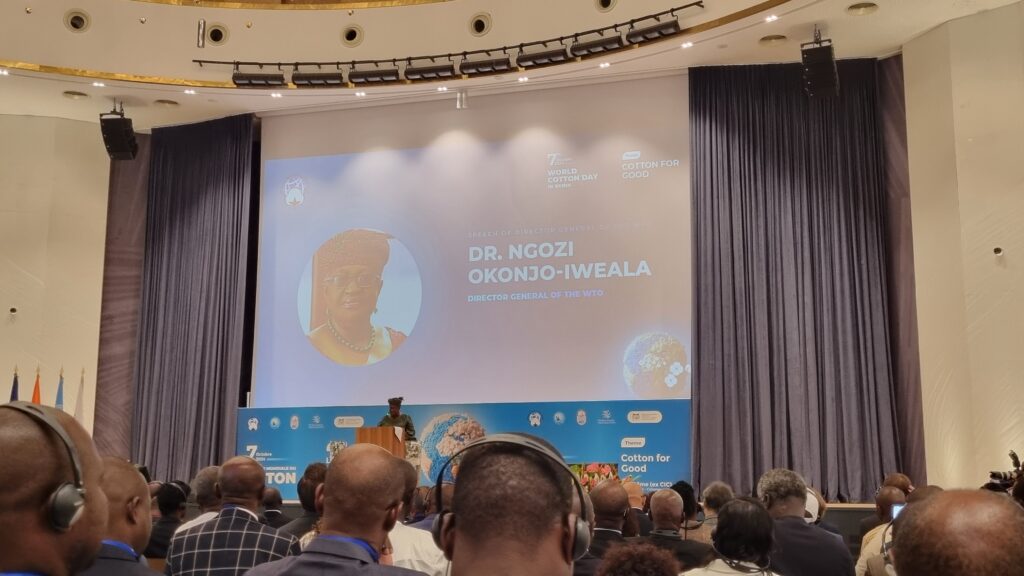
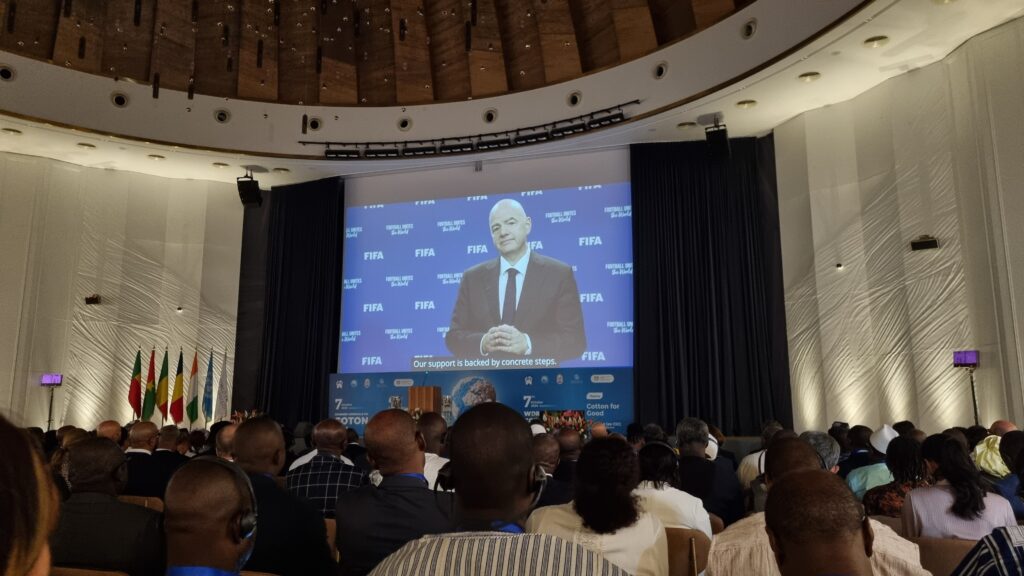
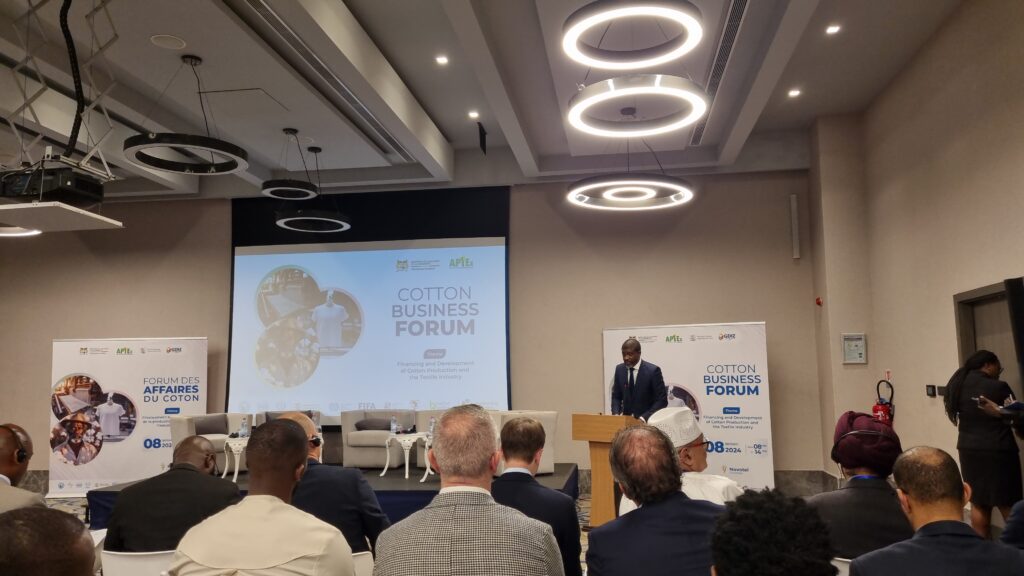
The Director-General of the World Trade Organisation (WTO) underscored the strategic role of cotton for the C4+ countries (Benin, Burkina Faso, Mali, Chad, and Côte d’Ivoire). She emphasised the need to enhance the competitiveness of African cotton through partnerships and support policies, reaffirming the WTO’s commitment to developing cotton value chains.
The Director-General of the FAO highlighted the importance of sustainable agriculture, explaining that the FAO encourages C4+ countries to adopt climate-smart practices. This approach not only improves yields but also reduces the ecological footprint.
The President of FIFA stressed the significance of sports as a lever for socio-economic development. He announced a partnership aimed at producing school kits for Africa, locally manufactured from African cotton, starting in 2025. This programme, part of the « Cotton Partnership » initiative, aims to add value to local cotton by producing garments and sports equipment.
Chad's Role and Koskilna's Contribution
Chad’s Minister of Commerce emphasised the need to develop human capital to improve the cotton value chain in Chad. He highlighted the importance of the Koskilna landscape approach, which promotes sustainable practices and the inclusion of smallholder farmers. According to him, the industrialisation of the cotton sector requires the improvement of infrastructure, particularly energy infrastructure, and the training of young people and women so they can actively participate in this transformation.
Business Forum and Cotton Value Chain Studies
On the sidelines of World Cotton Day, a Business Forum addressed funding opportunities for the cotton value chain. Various stakeholders such as GHERZI, AFREXIMBANK, Better Cotton, and ARISE presented interventions on structuring and financing these projects. GHERZI conducted a landmark study as part of the « Cotton Partnership » initiative. The study revealed that transforming the cotton sector could create millions of jobs, particularly for young people and women, while reducing dependence on raw material exports. A five-pillar approach was proposed to successfully transform the cotton value chain in C4+ countries: promoting investment, developing infrastructure, improving market access, capacity building, and sustainability.
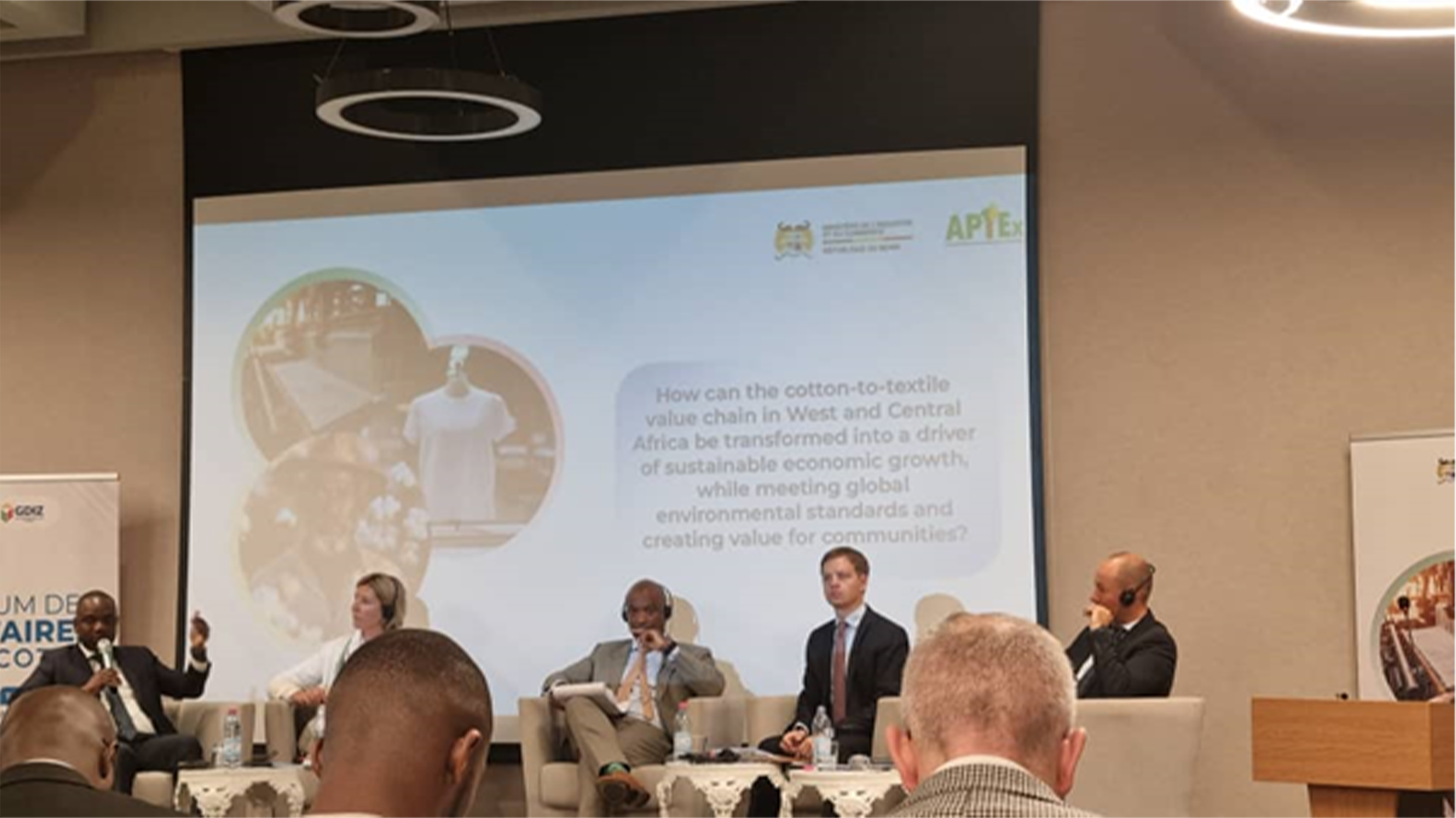
During the Business Forum, Lisa from the Better Cotton Initiative advocated for increased investment in organic inputs and pesticide alternatives to improve soil health. She stressed the importance of traceability and compliance with international standards to support smallholder farmers.
A representative from ARISE presented the company’s efforts in creating industrial zones, notably in Glo-Djigbé, Benin, where over 14,000 people process raw cotton into finished products. This industrial model could be replicated in Chad to create jobs and reduce reliance on raw material exports.
The representative from AFREXIMBANK highlighted the challenge of the « non-bankability » of projects in Africa. He stressed the need to structure solid projects and conduct robust feasibility studies to attract private investors. For Koskilna, this requires carefully structuring its future projects based on rigorous feasibility analyses that integrate strong economic and financial criteria. It is essential to demonstrate the viability and profitability of projects while ensuring compliance with private investors’ requirements to maximise the chances of securing funding and achieving the development goals of the cotton sector.
Visit to the Cotton Village and Industrial Model
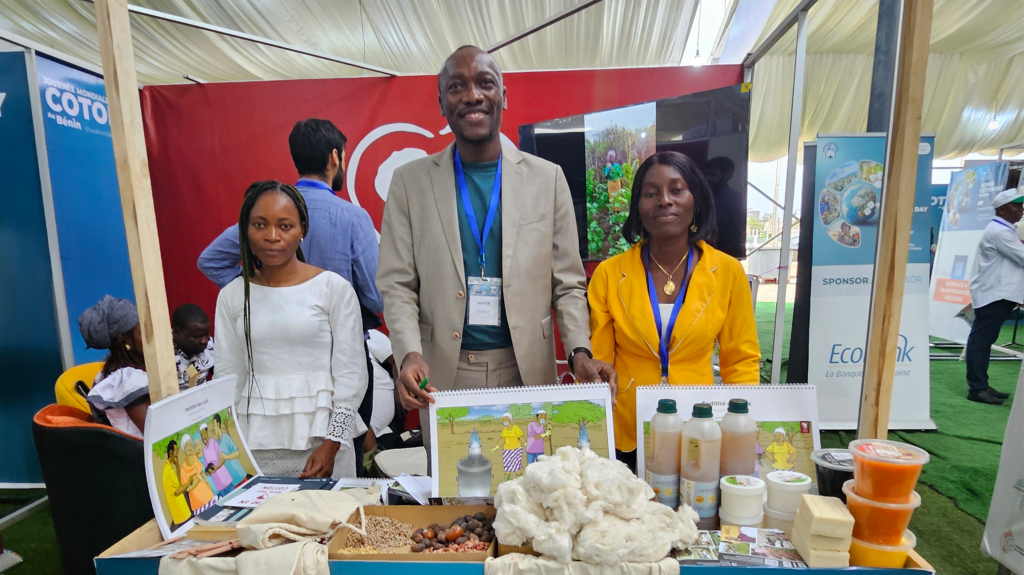
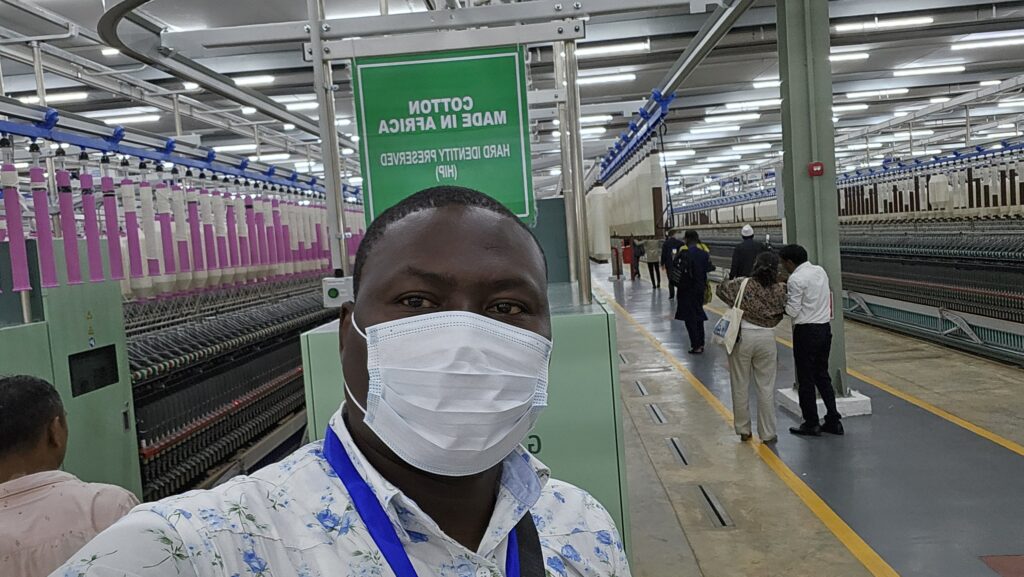
The visit to the Cotton Village showcased local initiatives, mainly led by women, who transform raw cotton into natural fabrics. These initiatives not only add value to local cotton but also empower women by generating income for their families. This model could be replicated in Chad to strengthen local processing and include women in the economy.
The Glo-Djigbé industrial zone, which already employs thousands of people, integrates all stages of processing, from spinning to finished products. This model proves that by investing in infrastructure and partnerships, Chad could successfully industrialise its cotton sector.
Fashion Show and Artistic Promotion
A fashion show held alongside World Cotton Day demonstrated the potential of African cotton in the fashion industry. Designers from C4+ countries presented creations made from local cotton. This shows that African cotton can be valued not only in the textile sector but also through sustainable fashion.
For Koskilna, this event demonstrates that by promoting Chadian cotton through creative projects, the country can create high-value-added products and jobs in the textile sector.

Partnerships and Prospects for Collaboration
Job Booster Chad, on behalf of Koskilna, established contacts with several new partners, such as AFREXIMBANK and GHERZI, to discuss new initiatives for Chad. Discussions with strategic Chadian actors such as the Société de Textile du Tchad (STT) and the Ministry of Commerce identified potential collaborations to strengthen local cotton processing and generate employment.
Towards a Sustainable Transformation of Cotton in Chad
Job Booster Chad’s participation in World Cotton Day 2024 reinforced Koskilna’s position as a key player in the sustainable transformation of the cotton sector in Chad. Through initiatives such as the Landscape Pact and promising partnerships, Koskilna is embarking on a path towards local cotton processing, creating jobs, and contributing to the country’s socio-economic development.
The future of cotton in Chad is promising, driven by a shared vision of modernisation and local value creation. By attracting investment and adopting sustainable practices, Chad can capture a greater share of the added value of its cotton while fostering inclusive development.
Ndolenodji Hyacinthe, Director of Job Booster Chad Entreprise
Alpha Bahdje, Coordinator, Koskilna Executive Secretariat
